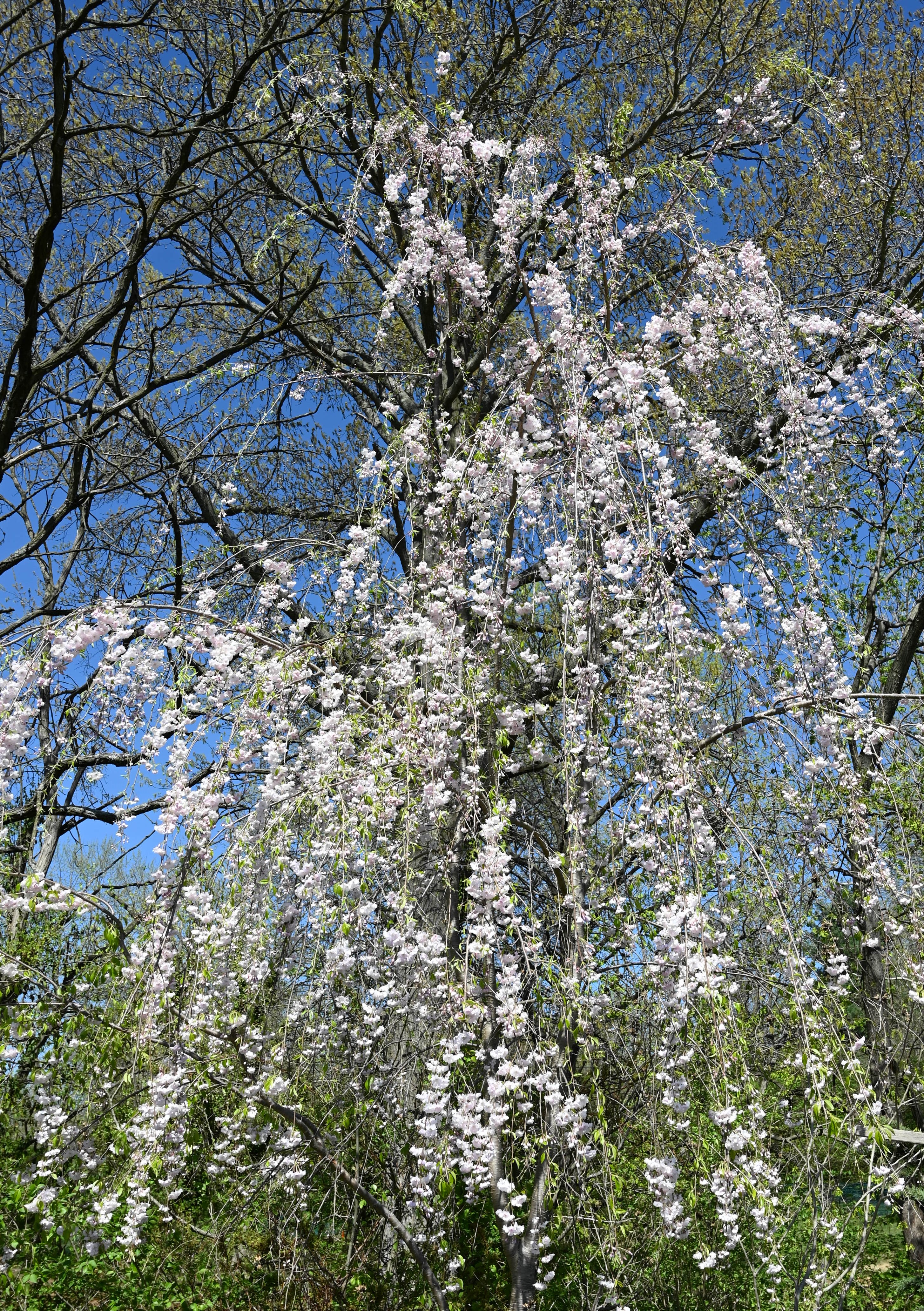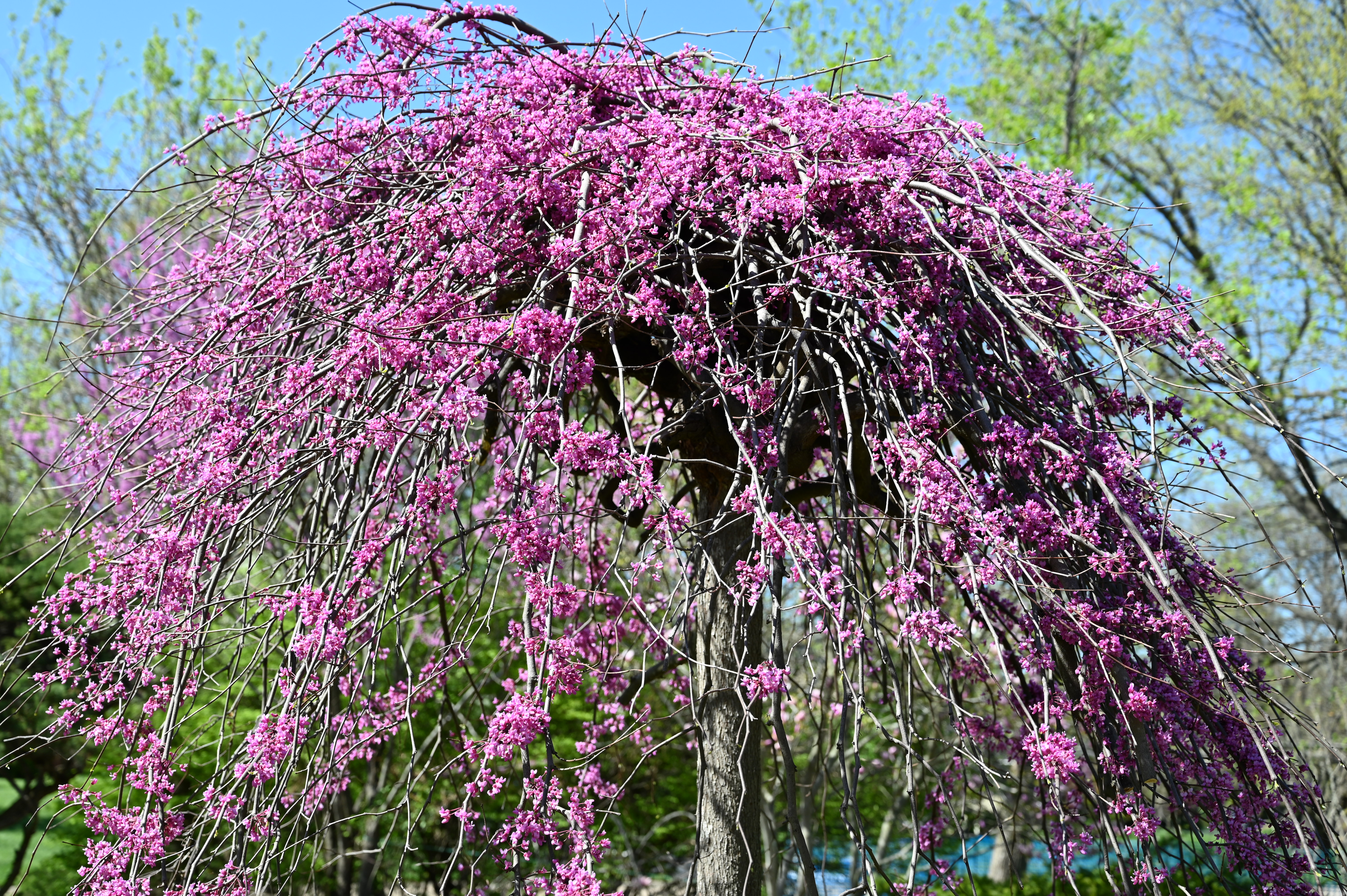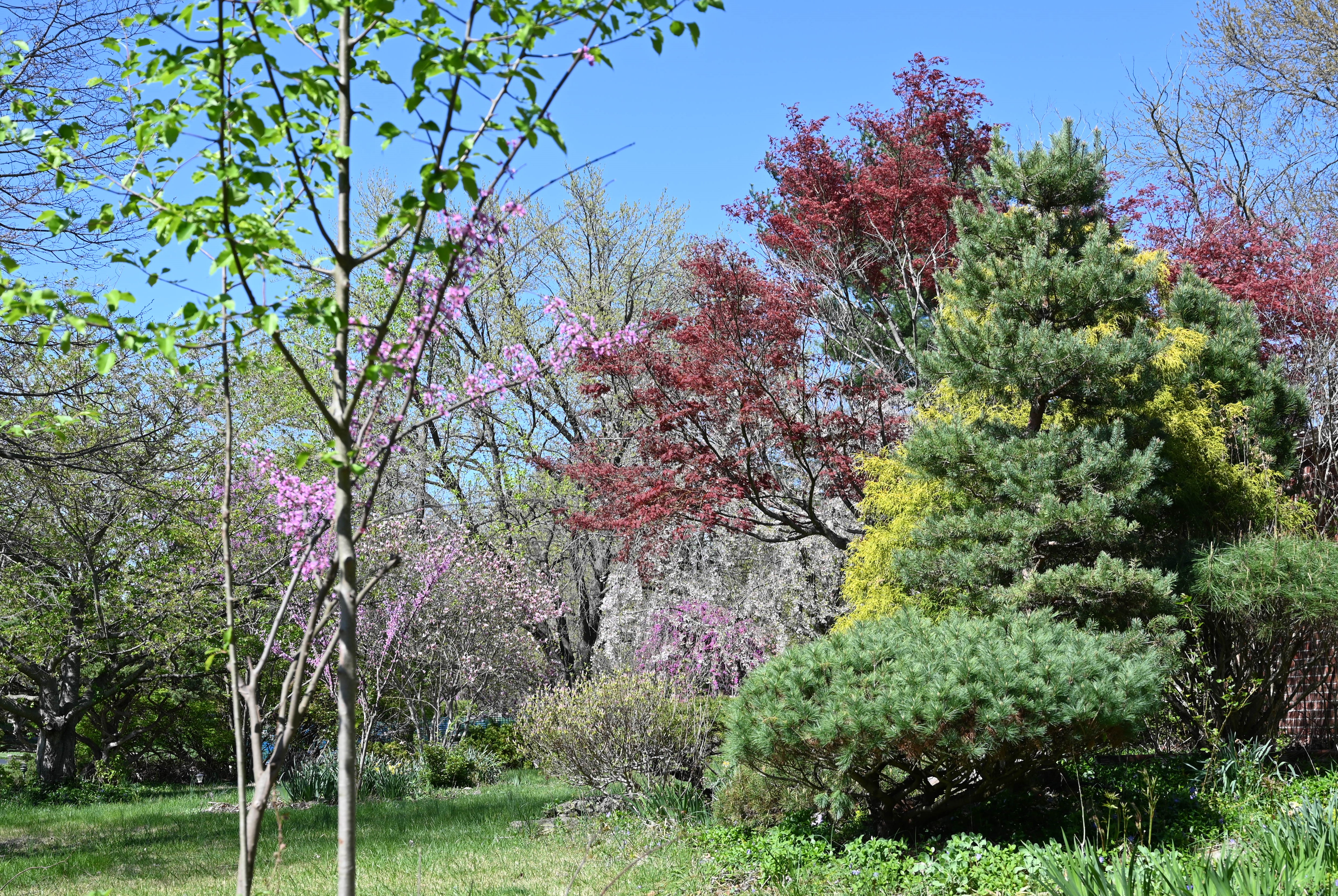April 8 is the Buddha’s Birthday or Flower Festival in Mahayana countries. The Buddha Gotama achieved unprecedented awakening in unconditioned peace (nirvana) among and for all living beings to be saved from the inevitable Four Sufferings or prevalent Eight Sufferings.
He was awakened to the universal Dharma of Dependent Co-origination of all phenomena on causes and conditions, similar to the causal law, but wider and deeper. He realized nirvana, no wind of karma, where he found that all living beings are karma-heirs, -owners, -machines, -refuged.
All living beings are bound by karma, but can change it by cultivation – shifting it from bad to good, stilling it in nirvana, seeing the Dharma, and sharing it, serving, saving all. All living beings live with the Triple Poisons due to survival instinct, scientists even think of it in terms of “selfish genes.”
Because most people do not clearly see this, we are still bound by sufferings, individual, social, and global, with the global problematique including global warming, pandemic, mass extinction, even imminent nuclear holocaust, based on the Five Idola, Idols, of Self, Society, State, Species, and Symbolism.
We must wake up and work to change this by a Paradigm Shift from an artificial uni-directional pyramidal civilization fighting for money, matter, and might with the Five Calamities, to a natural cyclical life Indra-net culture sharing life, heart, and harmony with the Five Blisses.
April 10, 2021 C.E. Dharma note
Note 1. There were six representative heretical views of fatalism, accidentalism, amoralism, agnosticism, materialism, and multi-viewism at the time of the Buddha Gotama, who provided anyone with firm faith in universal truth and ethic conducive to their actual living.
- The Triple Poisons are desire, divisiveness, and delusion, the most fundamental one of the Self-sense (that there is a Self, independent and eternal, cf. Soul, Spirit), which causes a desire for survival, divisiveness, hate, anger, etc.
- The Four Sufferings are inevitable birth, sickness, aging, and death for everyone.
- The Eight Sufferings are the Four Sufferings plus not getting what is desired, separating from beloved ones, meeting with hateful ones, and (in short) the rampant commotion of the Five Aggregates (forms, feelings, ideas, formations, and consciousnesses).
- The Dharma of Dependent Co-origination is well illustrated in the Indra-net, whose crystal balls on all knots reflects each other limitlessly, which is far more complex than simplified cause-effect relations, stressing more limitless complicated conditions, applicable not only to objects, but also to subjects – to one’s own life in cultivating one’s own psycho-physical being, changing oneself and others.
- The Buddha’s success was exhaustive investigation, analyses, generalization, application of karma theory, simple causal law, etc. His meditation practice made it possible in nirvana, unconditioned by ordinary superficial theories.
- The Five Idola are a modification of Francis Bacon’s Four Idola of cave, agora, theatre, and species. Symbolism is the unique characteristic of homo sapiens, as Ernst Cassirer defined it with the term homo symbolicum.
- Civilization is urbanization (from city, Latin civitas, cf. citadel with walls, for wars, colonies, classes, slaves, deforestation, etc.).
- Fight for money, matter, and might is making men of Mammonism, materialism, militarism – capitalism, consumerism, and nationalism, conditioning modern men to create the global problematique.
- The Five Calamities of civilization are delusion, bondage, discrimination, exploitation, and extermination.
- The Five Blisses of Culture are awakening, freedom, equality, love, and peace.
- The Paradigm Shift described here is the shift from an artificial uni-directional pyramidal civilization to a natural cyclical life Indra-net culture, cultivation in truth, goodness, beauty, and holiness:
四月八日は大乗仏教諸国では仏陀の誕生日でお花祭りです。ゴータマ仏陀は一切衆生の中で無条件の平和(涅槃)のうちに無上の覚醒を達成し一切衆生が不可避の四苦あるいは一般的になっている八苦から救われるようにしました。
彼は因(直接原因)縁(間接条件)から一切の現象が共に縁起する普遍法に覚醒しました。これは因果法に似ていますが、さらに広く深いものです。彼は業の無風である涅槃を実証し、そこで一切衆生が業-相続者、-所有者、-機械、-依拠者であることを見出しました。
一切衆生は業に束縛されていますが、修行に依ってそれを変えることが出来るのです―それを悪から善に変え、涅槃でそれを鎮め、法を見、それを共有し、一切に奉仕し、救済するのです。一切衆生は生存本能の故に三毒で生きていますが、科学者達はそれを「利己的遺伝子」という言葉でさえ言っています。
殆どの人々はこれを明確に見ていないので、私達は未だに個人的、社会的、地球的な苦しみに束縛され、自我、社会、国家、種族、象徴の五つのイドラ(偶像)に基づいて、地球温暖化、全人類的感染症、大量絶滅、切迫した核のホロコーストを含む地球問題群に捕縛されています。
私達はこれを変える為に金・物・力を奪い合う五禍を伴う人工的な一方向の金字塔文明から命・心・和を分かち合う五福を伴う自然的で循環的な命帝網文化への枠組転換に覚醒し活動しなければなりません。
2021共通年4月10日 法記
註1.ゴータマ仏陀の時代には運命論、偶然論、無道徳論、懐疑論、複数見主義と言った六つの代表的な異見がありましたが、かれは誰にも普遍的真実と倫理を確信して実際の生活に資するものを提供しました。
2.三毒とは貪瞋痴ですが、痴は(霊とか魂とかのような、独立永遠の自我というものがあるという)自我意識の最も根本的なもので、これにより生き残る欲望と差別、憎悪、怒りなどが起こされます。
3.四苦とは誰にもある生病老死です。
4.八苦は四苦に求不得苦、愛別離苦、怨憎会苦、(要約すれば)五蘊(身体、感覚、観念、行為、意識)盛苦を加えたものです。
5.(意識・対象の)共縁起法は帝釈網により良く例示されていますが、その一切の(網の)結び目にある水晶が無限に反映しあっており、これは単純化された因果の関係より遥かに複合的なものであり、更に無限に複雑な縁(条件)を強調し、対象だけでなく主体にも適応され―自己の心理身体村税を修行し、自他を変え、自己の人生に適応されるものです。
6.仏陀の成功は業説、因果法などを包括的に究明、分析、普遍化、適応したことにありました。彼の瞑想実践は普通の表面的理論に束縛されず、涅槃において可能となりました。
7.五イドラはフランシス・ベーコンの洞窟、市場、劇場、種族の四イドラの応用したものです。(加えた)象徴主義は、エルンスト・カッシラーがホモ・サピエンスを特徴付けて「象徴人間」と定義したように、人間の独特な特徴です。
8.文明とは都市化ということで(ラテン語のcivitas、city城市に由来する。同類のcitadel城砦は城壁を持った都市で、それは戦争、植民地、階級、奴隷、森林伐採などを意味する)。
9.金・物・力の奪い合いは人を金銭崇拝・物質主義・軍国主義―資本主義・消費主義・国家主義にし、現代人を条件付けて地球問題群を生んでいる。
10.文明の五禍は錯誤・束縛・差別・搾取・殺戮です。
11.文化の五福は覚醒・自由・平等・愛情・平和です。
12.ここで述べた枠組転換は人工的な一方向の金字塔文明から自然で循環的な命帝網文化、即ち真善美聖の修養、への転換です。
Wood sorrel
(edible (oxalic acid is toxic, if eaten large quantity), feeds animals, bees, insects)
カタバミ
(可食、多食は蓚酸毒、動物、蜂、昆虫なども食用)
The above pictures were taken and sent by
Rev. Erin Davis, our member and editor, from Washington State.








